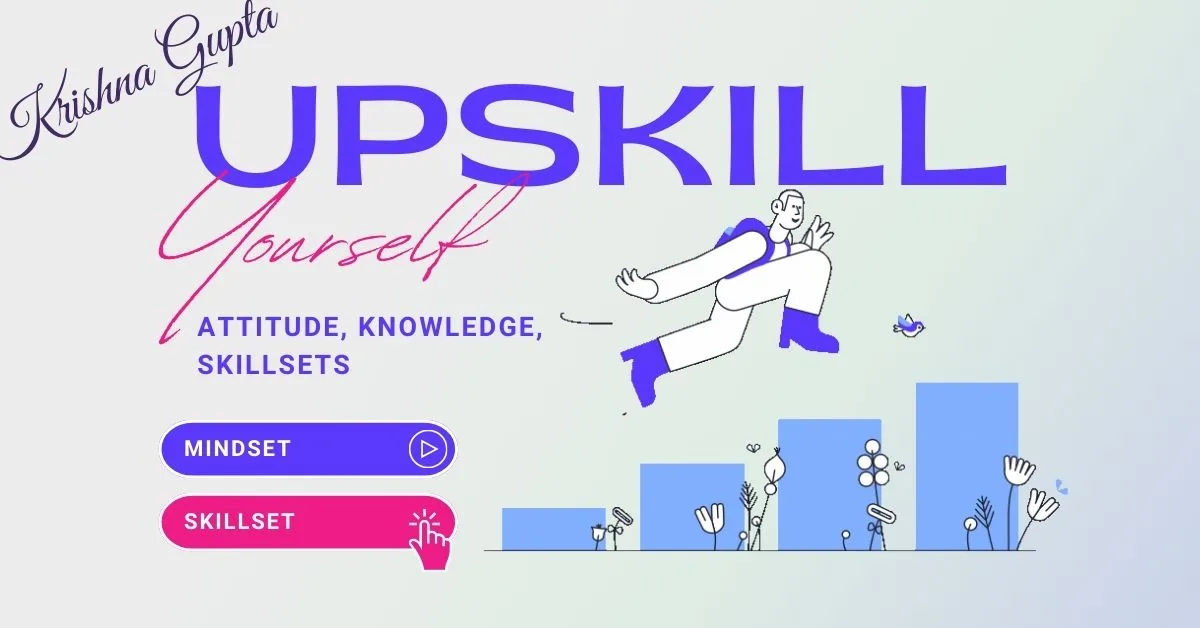Up-skill or Be Left Behind: Why Mindset Trumps Skillset in Today’s Dynamic Landscape
As CEOs, we navigate a landscape defined by constant disruption. Technology evolves at breakneck speed, customer demands shift like desert sands, and the competition is always one innovation ahead. In this ever-changing ecosystem, a static skillset is a liability, not an asset. That’s why up-skilling your workforce isn’t just a cost-cutting measure to address temporary skill shortages; it’s a strategic, long-term investment in your company’s future.
Think of it this way: Imagine your organisation as a ship navigating a turbulent sea. A skilled crew is essential, but without the adaptability to adjust sails, read shifting winds, and navigate new currents, even the most experienced sailors risk being swept away. Upskilling equips your workforce with that adaptability. It fosters a growth mindset, where continuous learning becomes the norm, not the exception. This isn’t just about acquiring new skills but cultivating the agility, curiosity, and resilience needed to thrive in a world of change.
The benefits are far-reaching:
- Reduced Risk: A future-proof workforce is one less risk to worry about. By anticipating skill gaps and proactively addressing them, you mitigate the impact of disruption and ensure your organisation remains competitive.
- Enhanced Innovation: A skilled and adaptable workforce is an innovation powerhouse. When employees have the tools to tackle new challenges and experiment with innovative solutions, your company unlocks a competitive advantage.
- Improved Performance: A dynamic and engaged workforce translates directly to improved performance. Up-skilling boosts productivity fosters collaboration, and drives results, leading to a healthier bottom line.
- Talent Retention: In today’s competitive talent market, investing in your employees is investing in their loyalty. Up-skilling demonstrates your commitment to their growth, fostering engagement and reducing costly turnover.

But it’s not just about the “what” but the “how.” Here’s where mindset comes into play:
- Focus on Learning, not Training: Shift from a transactional “training mindset” to a transformative “learning mindset.” Foster a culture where lifelong learning is encouraged and celebrated, not seen as a one-time event.
- Empower, Don’t Dictate: Trust your employees to identify their learning needs and support their pursuit of knowledge. This fosters ownership and engagement in the up-skilling process.
- Make Learning Accessible: Offer diverse learning opportunities, from micro-learning modules to mentorship programs, to cater to different learning styles and preferences.
- Celebrate Progress, not Perfection: Encourage experimentation and risk-taking in learning. In a growth mindset culture, failure is a stepping stone, not a setback.
Ultimately, upskilling isn’t just about acquiring skills but cultivating the right mindset. By investing in your workforce’s adaptability and growth, you’re not just plugging skill gaps but building a future-proof organisation capable of navigating any storm and seizing every opportunity. So, choose mindset over skillset, prioritise continuous learning, and watch your organisation weather any storm and emerge even more substantial.
Remember, the future belongs to those who embrace change, not resist it. Up-skill your workforce, cultivate a growth mindset, and watch your company become the captain of its destiny in the ever-changing landscape of tomorrow.